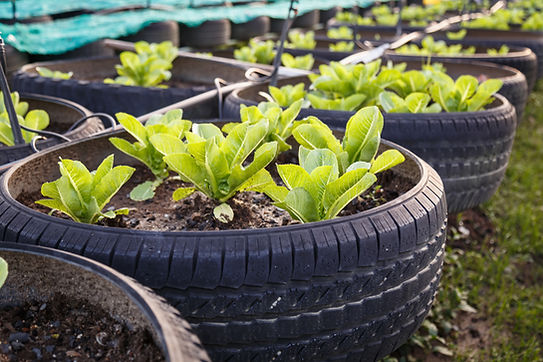
Reusing Refuse
Landfills globally are filling with goods to make room for new goods. Some communities allow salvaging at no cost, some allow it for a fee, some make it illegal.
Second hand shopping and recycling are the best ways to slow the flow of goods filling landfills, but many goods still end up being a wasted resource.
We're encouraging individuals to removed as much weight from the landfill as they add in an effort to balance our carbon foot print where waste is concerned.
Reduce Reuse Recycle
We've known this mantra since the 1970's. That's half a century of a global population raised with environmental awareness. For many individuals this means Recycling, as many cities now offer recycling programs. A Minimalist Movement has helped support Reducing, an example of individual based living choices. Banning plastic bags and straws helped discourage plastic waste, an example of a law based, enforced change.
"Most people do not wake up with the intention to harm the environment - nor to help it. People get up and live their lives and strive for aspirations. The amount of stuff people have in many parts of the world has shot up, while in other areas, many struggle to meet basic needs. Our future now depends on our behavior and how we choose to live, work and play as global consumers – how we run our homes, what food we eat, how we get around, how we relax, what we buy and how we care for our planet.
People do not change behavior based on what they should do. They do not respond to data and statistics, nor to negative future scenarios. People act to fulfill their needs and aspirations. They make decisions based on price, accessibility, effectiveness and additional criteria like well-being or trends. Sustainability is not the defining criteria. Even the people who want to live more sustainably often lack information and access to affordable and desirable products and services. This underscores that beyond people, it is up to governments and business (who are also consumers!) to provide more information and support positive behavior change, and to support and develop new business models to make sustainable living a default option." United Nations Environment Program
What can we actually do in our personal lives to make a greater impact?
Lifestyle Changes
Small Personal Changes for Huge Impacts
Making an Impact in Landfills
Don't just reduce, Reuse!
Not all municipalities allow salvaging at the landfill, so if required, the first step is to apply public pressure to allow salvaging.
Be aware of how much waste your household has.
Challenge yourself to remove as much material from the landfill as you contribute.
There is a plethura of everything at a landfill. With a DIY attitude you can build or repurpose a lot of goods.
Once you challenge yourself to matching your consumption, you become aware of how much waste your household truly contributes, and actively choose differently to minimize waste.





